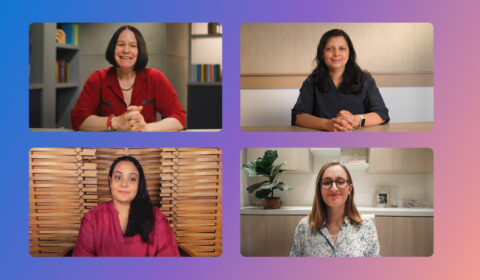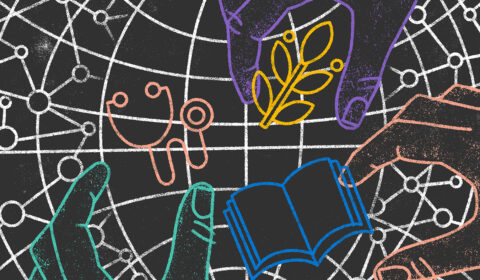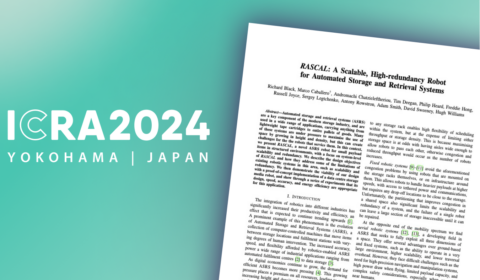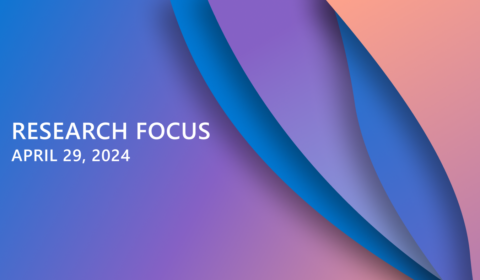新闻与深度文章

“We’re at the very early stage of generative AI and the impacts it will have on work. This is a fast-moving field, and there’s an immense opportunity to take control of the agenda and build truly globally equitable AI systems”,…

Daniela Massiceti delves into the transformative potential of multimodal models such as CLIP for assistive technologies. Specifically focusing on the blind/low-vision community, the talk explores the current distance from realizing this potential and the advancements needed to bridge this gap.

Microsoft researchers discuss the challenges and opportunities of making AI more inclusive and impactful for everyone—from data that represents a broader range of communities and cultures to novel use cases for AI that are globally relevant.

| Jiang Bian, Adam Fourney, Tanuja Ganu, Daniela Massiceti, Jacki O'Neill, Sunayana Sitaram, 和 Tian Xie
In this forum episode, researchers dive into the importance of globally inclusive and equitable AI, share updates on AutoGen and MatterGen, explore novel use cases for AI, and more.

| Gretchen Huizinga 和 Abigail Sellen
Social scientist and HCI expert Abigail Sellen explores the critical understanding needed to build human-centric AI through the lens of the new AICE initiative, a collective of interdisciplinary researchers studying AI impact on human cognition and the economy.

From immersive virtual experiences to interactive design tools, Microsoft Research is at the frontier of exploring how people engage with technology. Discover our latest breakthroughs in human-computer interaction research at CHI 2024.

| Richard Black, Marco Caballero, Andromachi Chatzieleftheriou, Ant Rowstron, David Sweeney, 和 Hugh Williams
RASCAL is an untethered robot with a modular design, allowing it to move flexibly along and between evenly spaced storage shelves. Discover how it can address the availability and scalability challenges of existing automated storage and retrieval systems.

In this edition: Can LLMs transform natural language into formal method postconditions; Semantically aligned question + code generation for automated insight generation; Explaining CLIP performance disparities on blind/low vision data; plus recent news.
新闻报道 | The Times UK
The tiny glass blocks that can preserve your data for centuries
For years governments, hospitals and families have had to use frail magnetic storage for their most important data. Now, scientists have an alternative — that lasts for ever…

